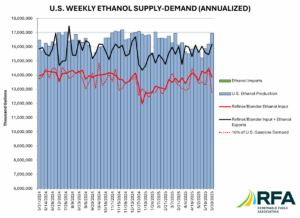 A USDA trade mission arrived in Lima, Peru today to work on expanding market access and boosting U.S. agricultural exports to address the $3.66 billion trade deficit with Peru. Export prospects are focused on a number of commodities including beef, pork, poultry, dairy products, ethanol, wine and distilled spirits.
A USDA trade mission arrived in Lima, Peru today to work on expanding market access and boosting U.S. agricultural exports to address the $3.66 billion trade deficit with Peru. Export prospects are focused on a number of commodities including beef, pork, poultry, dairy products, ethanol, wine and distilled spirits.
“I am honored to lead this delegation to Lima as we work to strengthen vital connections, grow U.S. agricultural exports and showcase the broad array of products American agriculture has to offer,” said USDA Foreign Agricultural Service Administrator Daniel Whitley who is leading a delegation of more than 50 U.S. agribusinesses and trade groups as well as five state departments of agriculture, all working to strengthen economic ties and improve the trade balance. The U.S. Grains Council is representing the ethanol industry on the trade mission.
Peru is the fourth-largest market for U.S. agricultural exports in South America and the U.S. is Peru’s second-largest agricultural supplier. Despite bilateral agricultural trade growing by 263% since 2009 to $5.3 billion, the $3.66 billion agricultural trade deficit persists. This mission aims to build on this growth, bridge the gap, and increase U.S. exports.










